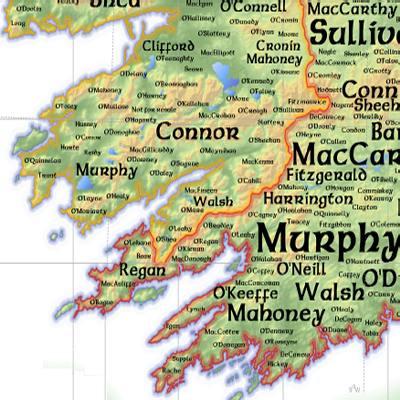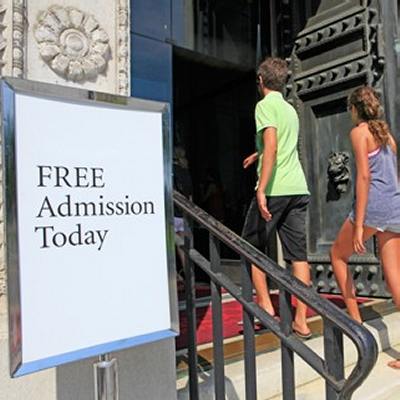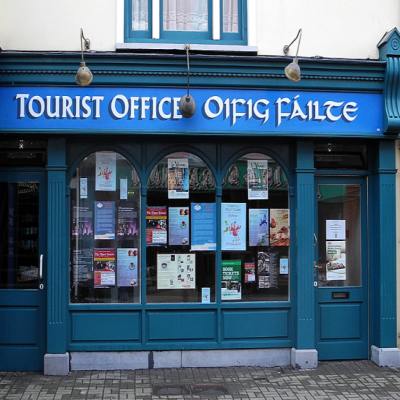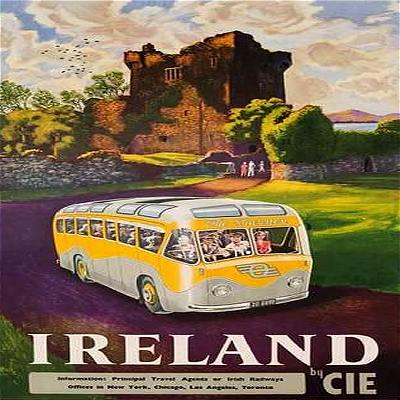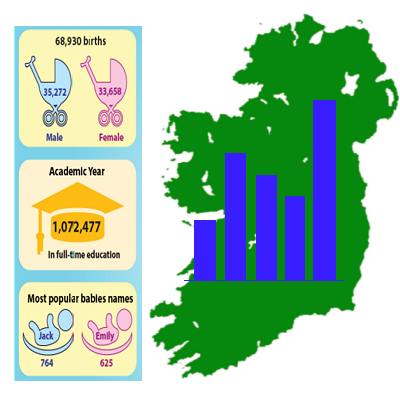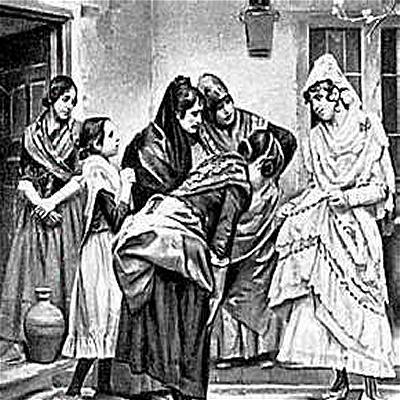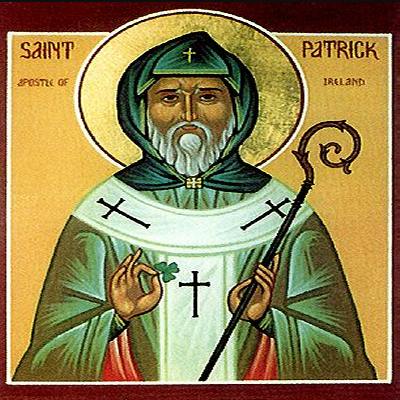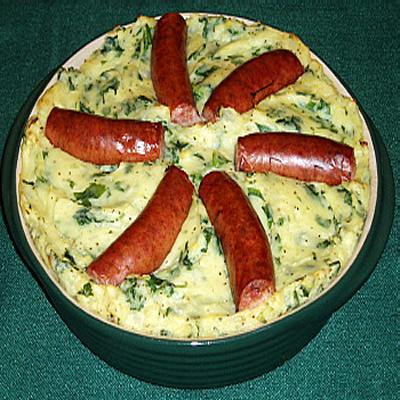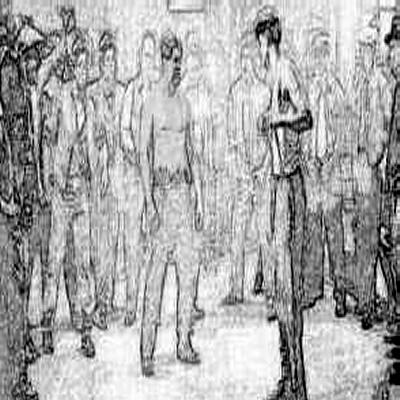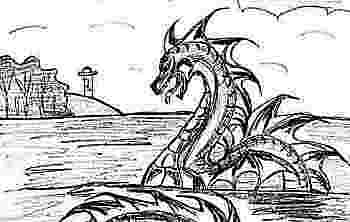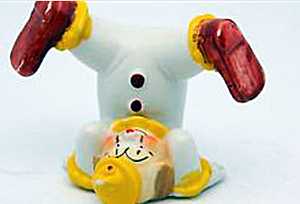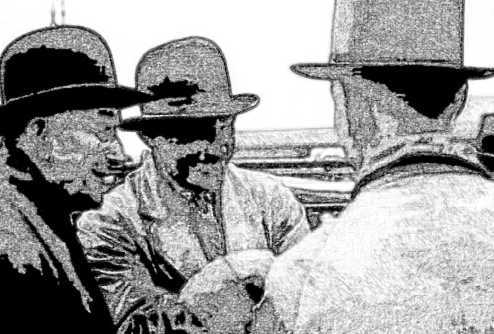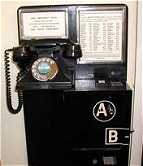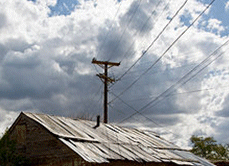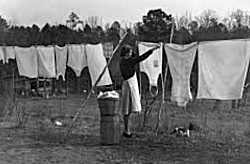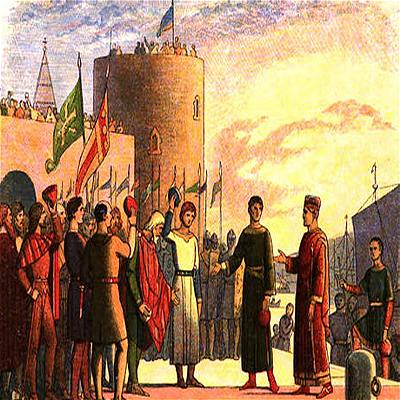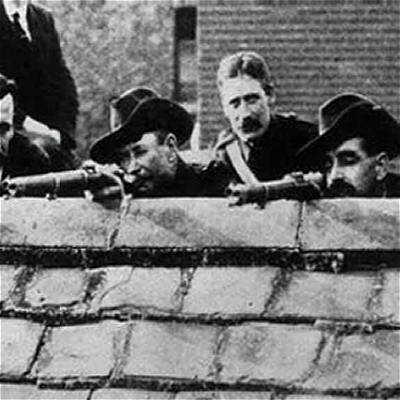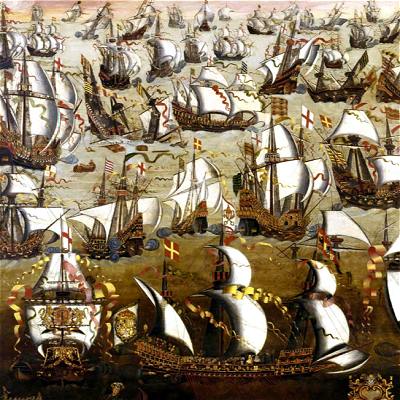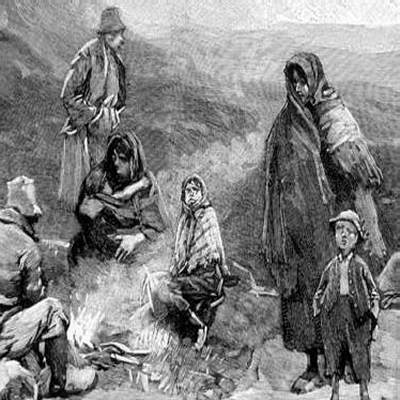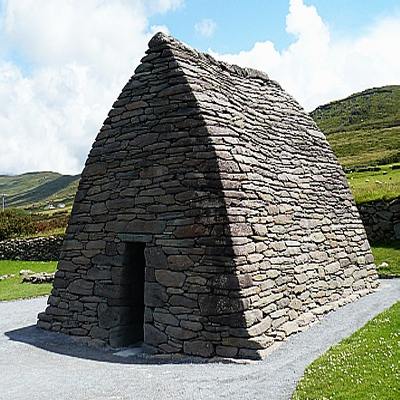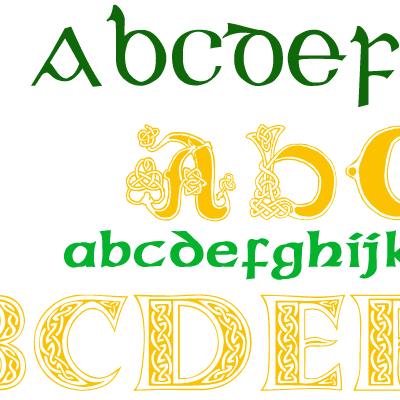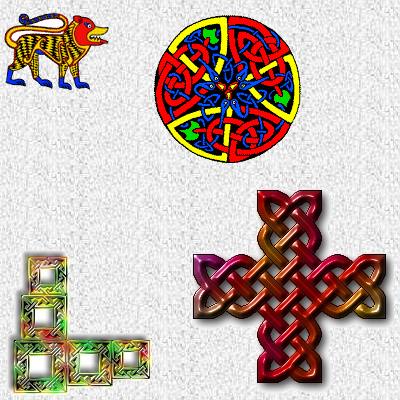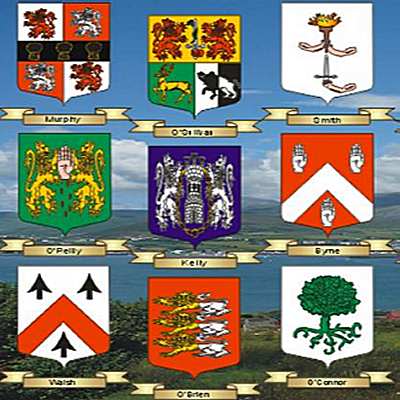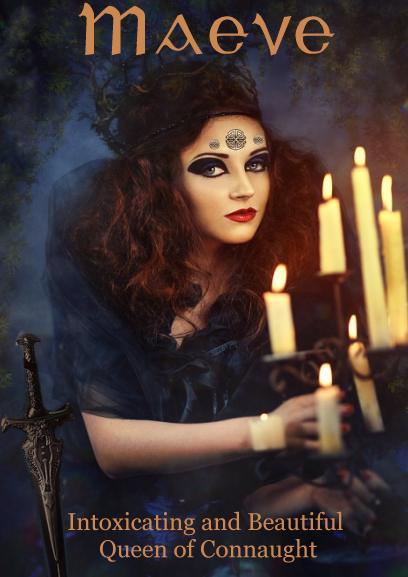
Maeve was a decisive and forceful leader who ruled over Connaught during the time of Cuchulainn, the greatest of all Irish warriors. Her beauty and sexual prowess were famous. No High King could be crowned without first having the ceremony consummated in the royal bed, such was her fabulous domination!
Her husband Aillil was only granted the privilege of marrying Maeve because he was that most unique of beings: a man completely without jealousy. Maeve was an excellent warrior and general, and assembled one of the mightiest fighting forces in Irish mythology when her equal status with her husband was called into question.
Early Life
Maeve was one of the daughters of Eochaid Feidlech, the High King of Ireland. She was married to Conchobar Mac Nessa, the King of Ulster, as compensation for the slaying of Conchobar's father, Fachtna Fathach.
The marriage was not a good one though and when Maeve left her husband her father then offered his other daughter, Maeve's sister Eithne, in marriage to Conchobar.
Setting the scene for her future deeds Maeve murdered her own sister by drowning her while she was pregnant, the baby surviving the ordeal. An act of terrible ruthlessness and jealously.
Maeve's father took steps to control the situation. He was a powerful ruler and installed Maeve as Queen of Connaught, deposing Tinni Mac Conri and removing him from power.
But Maeve was not free of Conchobar Mac Nessa and she was raped by him as an act of vengeance, at an assembly at Tara. War between the mighty King of Ulster and the High King of Ireland followed.
The Cattle Raid of Cooley
One of the most enduring stories about Maeve concerns the Cattle Raid of Cooley. One evening, Maeve and her husband Aillil began to tease each other about who held the higher status. Their teasing quickly grew earnest, as each vied to prove their superiority in the relationship. They were equal in birth, equal in status, and equal in power.
So to settle the matter they counted out all their belongings. The only difference between them was that Aillil had a magnificent white-horned bull, while Maeve had nothing that could compare to it!
Unable to bear a subordinate role in her own marriage, Maeve sent messengers to search all of Ireland for a bull that was just as splendid as that possessed by her husband. Eventually a magnificent creature was found: the Brown Bull of Cooley.
Maeve sent a delegation to the bull's owner, Daire Mac Fiachna of Cooley, offering gold, lands and even sexual favors if he would only agree to let her have the bull. Daire was initially inclined to grant her request, until he heard one of her messengers drunkenly boasting that if he would not sell it then Maeve would surely take the bull by force.
Daire resented being dictated to, and reneged on the deal, refusing to part with the animal. War was imminent again as Daire Mac Fiachna was a vassal of Conchobar, the nemesis of Maeve from the past.
So began the famous Tain Bo Cuailnge, the 'Cattle Raid of Cooley', in which Maeve assembled a great army of her allies from all over Ireland to invade Ulster to steal the bull. Thanks to the Ulster exiles in her ranks Maeve knew all about 'the Curse of Macha', which would put the enemy Ulster warriors out of action for nine days and nine nights, giving her time to complete her mission.
But the curse did not affect the young warrior Cuchulainn, the only man who stood between Maeve and her invading army and the defenseless lands of Ulster.
Despite the odds though, such was Cuchulain's skill and reputation that the army of Maeve were now in terrible trouble.
Maeve decided to negotiate and through Fergus MacRoich agreed that Cuchulainn would fight in single combat against one of her champions every day, allowing the army to move while the fight was on, and stopping once the fight was over. She even offered her own daughter in marriage to the warrior who would be victorious!
The plan seemed sound but Cuchulainn made such short work of her champions that Maeve resorted to sending a small band of raiders north to Cooley to steal the bull, in defiance of her deal.
Maeve persuaded her greatest warrior, Ferdia, the foster-brother of Cuchulainn, to represent her in battle, but alas to no avail. Cuchulainn slay Ferdia, the last great champion of Connaught.
The tide had turned against Maeve now and when her followers observed the scene they were heard to repent that they had ever been guided by such a vengeful, vicious woman.
But Maeve had already made her plans. On the eve of the final confrontation between the two armies, the Brown Bull of Cooley was smuggled into Connaught by Maeve's agents and so they retreated back to Connaught.
The magnificent bull was placed into a new pasture where the creature was immediately set upon by Aillil's own white-horned bull, the original cause of the strife.
The two animals gored each other to death, symbolizing perfectly the wasteful conflict between Connaught and Ulster.
Later Life and Death
Maeve re-invaded Ulster in later years, taking her revenge on Cuchulainn for the devastation he had wreaked on her army and eventually slaying him.
Maeve was ultimately killed herself by Furbaide, the son of her murdered sister, the baby who had been removed from his mother's dead body. She was felled by a sling shot bearing a hardened piece of cheese!
Legend has it that Maeve is buried in a forty foot high stone cairn on the summit of Knocknarea in Sligo, buried upright, always defiantly facing her enemies to the north.
Conclusion
Maeve was a strong and independent character, with a knowledge of magic and sorcery. She never shirked her duty, and knew well how to encourage and lead her followers. She was definitely the stronger partner in her marriage with Aillil and was always depicted as very beautiful, yet dressed for war!
She could be harsh, jealous, vicious, scheming and domineering. Always willing to go to great lengths to assert her rightful status.
The name Maeve has several forms including Maedbh, Medb and Medbh and is said to mean 'she who intoxicates', perhaps alluding to her role as a sovereignty Goddess. How appropriate!
In modern times her legend lives on and she is often represented as a symbol of the power of women over men in terms of sexuality, of cunning and of courage.

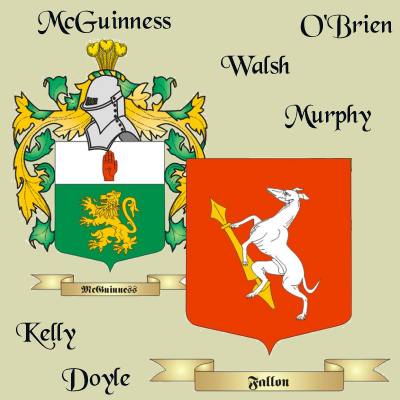 Your Family Crest
Your Family Crest
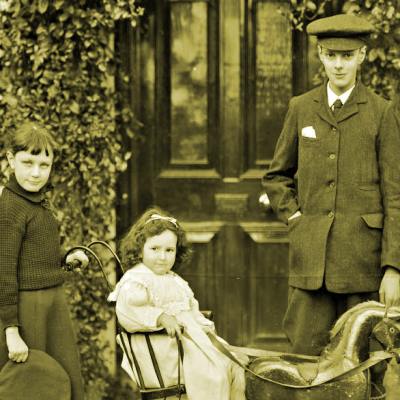 Irish Roots Search
Irish Roots Search